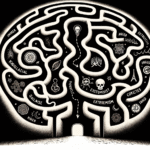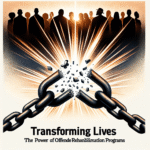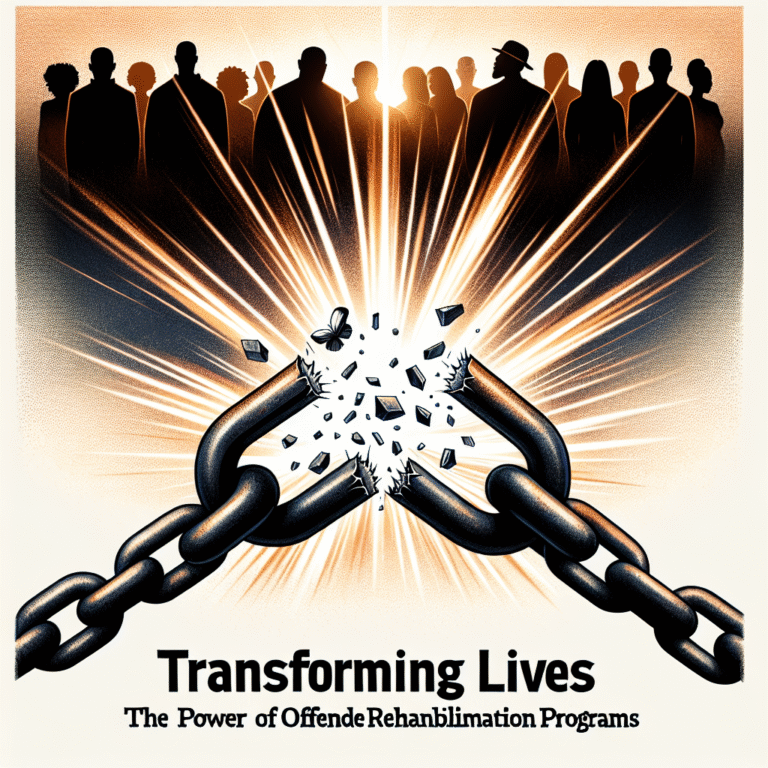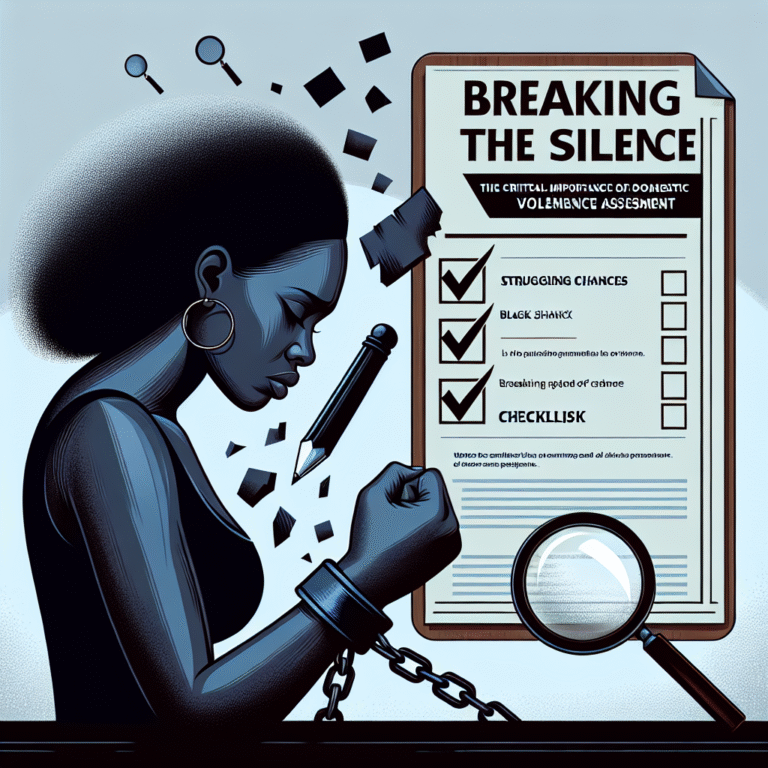
Introduction
Imagine sitting in a courtroom, the air thick with tension, as a witness recounts their vivid memories of a crime. But what if those memories were fabricated—artifacts of a mind’s intricate process rather than actual events? This is the unsettling reality of The Impact of False Memory Syndrome on Legal Proceedings: A Double-Edged Sword. In an age where psychological insights increasingly inform our understanding of the human experience, the courtroom battles are often fought not just with evidence, but within the complexities of memory itself.
False memory syndrome challenges the very bedrock of our legal system, where the credibility of witness testimony can be the linchpin of justice. This article delves into the intricate interplay between false memory and legal proceedings, exploring case studies, psychological underpinnings, and the broader implications for law and society.
Understanding False Memory Syndrome
What Is False Memory Syndrome?
False Memory Syndrome refers to a condition where a person’s recollection of events becomes distorted or fabricated. These memories may feel vividly real to the individual, but they are not based on genuine experiences. Psychologists explain that memory is malleable; it can be influenced by various factors, including suggestion, social pressures, and even the mere passage of time.
The Mechanics Behind Memory Formation
Memory isn’t a perfect recording; it involves encoding, storage, and retrieval processes. Here’s a simplified breakdown:
| Memory Phase | Description |
|---|---|
| Encoding | The brain captures information and experiences. |
| Storage | Memories are stored in various brain regions. |
| Retrieval | When recalling an event, the brain reconstructs it, often altering details. |
As individuals navigate the retrieval phase, numerous influences can distort memories, unwittingly contributing to false memories.
The Impact on Legal Proceedings: A Double-Edged Sword
False memory is a deeply relevant issue in legal contexts, where testimony can be the difference between conviction and acquittal. The potential for misremembering significant details calls into question the reliability of witnesses. This dual nature of memory—as both a tool for truth and a potential vehicle for erroneous beliefs—is what renders it a double-edged sword.
Case Studies: When Memory Goes Awry
1. The McMartin Preschool Trial
One of the most notorious cases involving false memory is the McMartin Preschool trial of the 1980s. Accusations of sexual abuse were made against teachers, largely based on testimonies from young children. As the case unfolded, it became evident that the children’s memories had been influenced by leading questions, creating vivid yet false narratives.
Analysis
This trial demonstrates how suggestive interview techniques can elicit false memories, which had profound implications not only for those accused but also for the judicial process itself. The case highlights the critical need for meticulous interview methods to ensure the integrity of memory in legal settings.
2. The Jennifer McKinney Case
In a more modern context, consider Jennifer McKinney, who had long struggled with memories of childhood abuse. During therapy, she recalled distressing details that she believed to be true. However, later investigations revealed significant contradictions, leading to the conclusion that memory distortion had occurred.
Analysis
McKinney’s story is a stark reminder of the vulnerabilities in our memory systems. In legal terms, her case raised questions about the admissibility of recovered memories in court, emphasizing the complexity of relying solely on personal recollections.
3. The Case of Paul Ingram
Paul Ingram’s case from the 1980s illustrates another angle. Accused of abusive acts based on recovered memories of his daughters, Ingram confessed after confrontations and intense psychological pressure. Later evaluations revealed that the memories could have been suggestively implanted.
Analysis
This case starkly emphasizes how memory can be manipulated and the dire consequences of relying solely on supposed recollections. The ramifications extended beyond a single case, influencing legal standards regarding confessions and the treatment of memory-related evidence.
Psychological Theories Underpinning False Memory
The Role of Misinformation
Psychological studies showed a notable phenomenon called the misinformation effect. This occurs when individuals are exposed to misleading information after an event, which can alter their memories. Legal professionals must be cautious about how initial testimonies are gathered to minimize this effect.
The Power of Suggestion
The work of Elizabeth Loftus on memory demonstrates that just the phrasing of a question can lead to significant changes in recall. For example, asking a leading question may steer the witness to recall details that align with the question rather than their actual experience.
Implications for Legal Professionals
Training and Awareness
Recognizing the nuances of false memory syndrome is crucial for legal professionals. They must educate themselves about the psychological mechanisms at play to safeguard the integrity of testimonies. This may include:
- Implementing standardized interviewing techniques.
- Avoiding leading questions.
- Encouraging corroborative evidence.
The Role of Expert Testimony
Expert witnesses in psychology should be utilized to explain the intricacies of memory formation and the implications of false memories in court. Their insights can provide juries with a clearer understanding of the reliability of testimonies presented in trials.
Sensitizing Law Enforcement
Interview Protocols
Law enforcement agencies must develop rigorous protocols for interviewing witnesses and victims. Some strategies include:
- Utilizing cognitive interview techniques: These methods encourage free recall instead of leading questions.
- Training officers on memory psychology: Comprehensive training on the workings of memory can increase the accuracy of information collected.
Recording Interviews
Video recording interviews can be crucial. This practice not only preserves the context of testimonies but also safeguards against possible claims of coercion or suggestive questioning.
The Legal System’s Response to False Memory
Evolving Legal Standards
As psychological research advances, legal standards concerning the admissibility of testimony are evolving. Courts are increasingly aware of the complexities surrounding memory, leading to a gradual shift in how cases involving eyewitness testimony are handled.
Legislative Changes
Some jurisdictions have implemented laws recognizing issues posed by false memories, particularly in cases involving child witnesses or victims. These measures aim to protect against wrongful convictions based on unreliable testimonies.
Ethical Considerations
Balancing Justice and Memory
The moral implications of false memory syndrome present a unique challenge. Legal systems must tread carefully, balancing the need for justice with the understanding that memories can be unreliable.
Considering the Accused
While victims deserve to be heard, the accused also deserves a fair trial. False memories can cloud the truth and unjustly ruin lives. Striking this balance is crucial for ethical legal practice.
Future Directions
Continued Research
Ongoing research into memory’s reliability will be vital. Psychological investigation should address:
- How emerging technologies may assist in addressing and correcting false memories.
- Developing more sophisticated models to understand and potentially counteract misinformation effects.
Broader Societal Implications
Communicating the implications of false memory syndrome to the public is essential for fostering awareness and understanding. Societal views on witness reliability must evolve alongside scientific insights.
Conclusion
The Impact of False Memory Syndrome on Legal Proceedings: A Double-Edged Sword is a pressing concern in today’s legal landscape. The interplay between memory and law demands our attention, as the potential for misremembering can drastically alter the course of justice. Legal practitioners, law enforcement, and society at large must remain vigilant, adapting to the evolving understanding of memory to foster fairness in the judicial process.
As we reflect on these complexities, the takeaway becomes clear: we must champion reliable evidence while acknowledging the intricate formality of human memory. The road ahead is filled with challenges, but with greater awareness and ongoing education, the legal system can better navigate the intricate maze that is human memory.
FAQs
1. What is false memory syndrome?
False memory syndrome refers to recollections that individuals believe to be true, but which are distorted, fabricated, or influenced by external factors.
2. How can false memories impact legal cases?
False memories can lead to wrongful convictions or the dismissal of genuine claims, thereby affecting the integrity of the legal process.
3. What are some strategies to avoid false memories in court?
Strategies include rigorous training for legal professionals, employing expert witnesses, and using cognitive interviewing techniques to gather accurate testimonies.
4. Are there legal frameworks considering false memory syndrome?
Yes, some jurisdictions have implemented laws that recognize the complexities of memory in court, particularly when it involves child witnesses.
5. How can society become more aware of the implications of false memories?
Public education efforts, media discussions, and community outreach can increase awareness and understanding of false memory syndrome’s impact on the legal system and society.

















